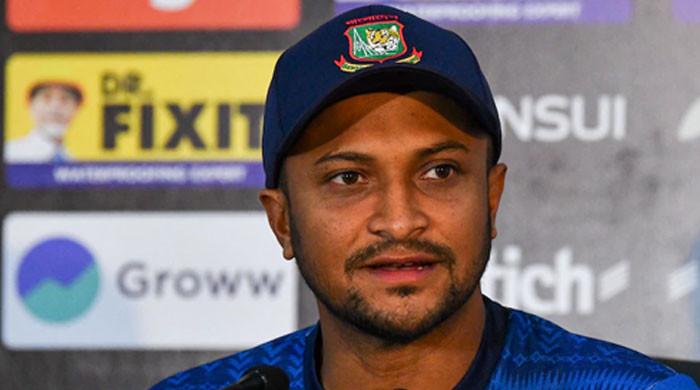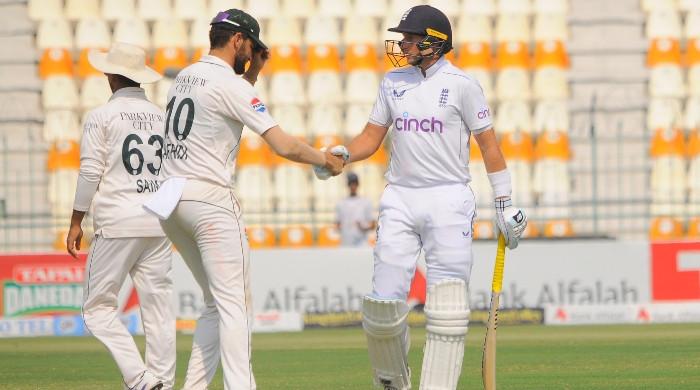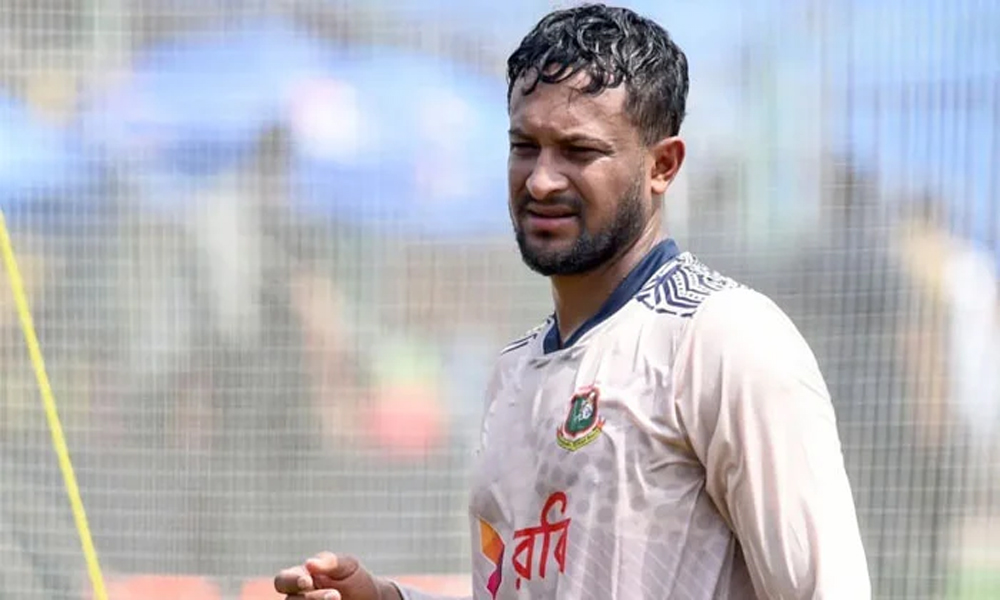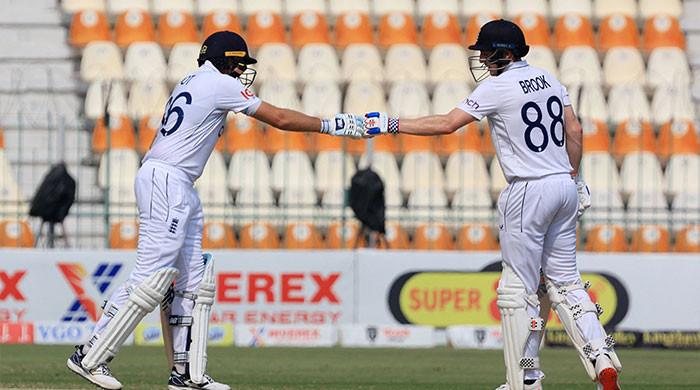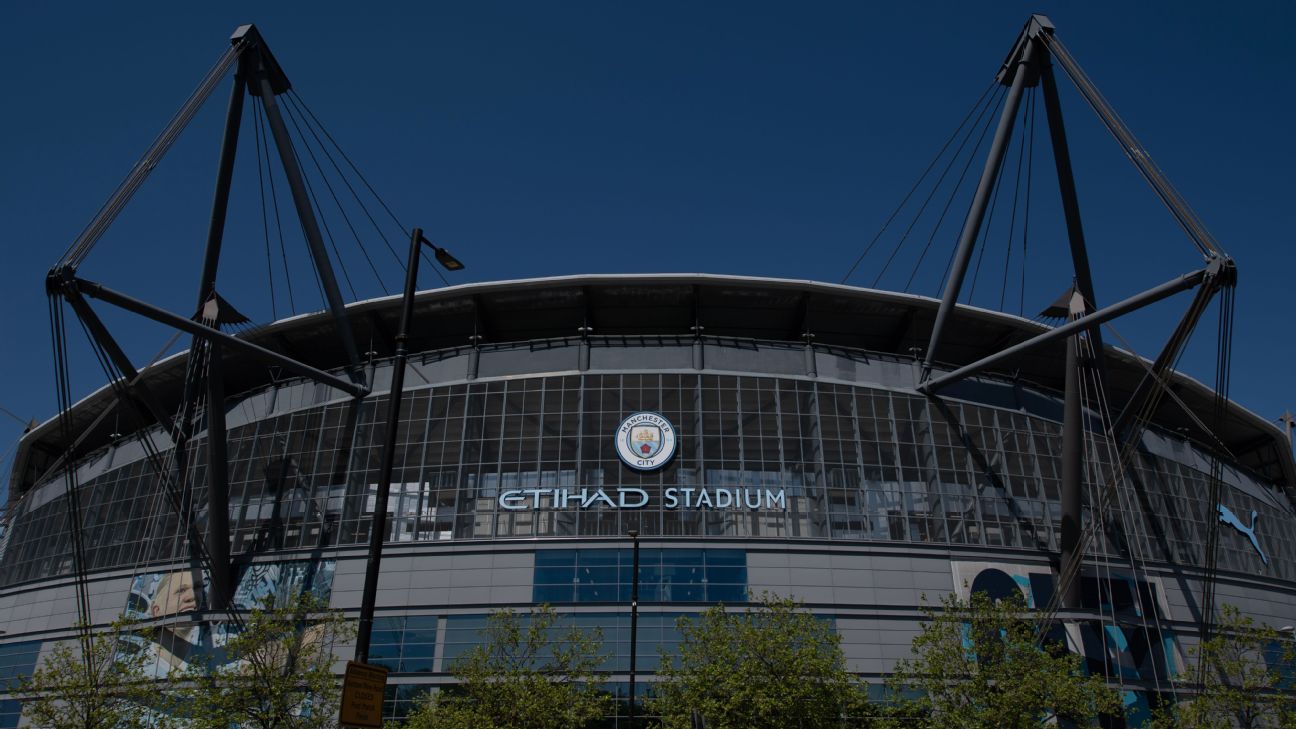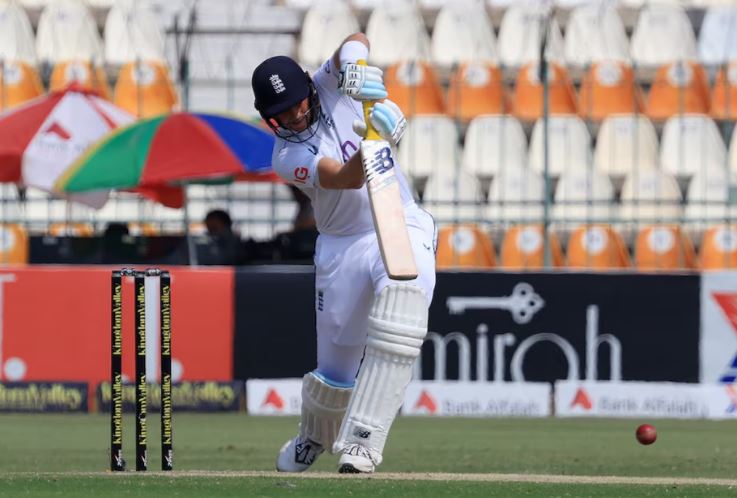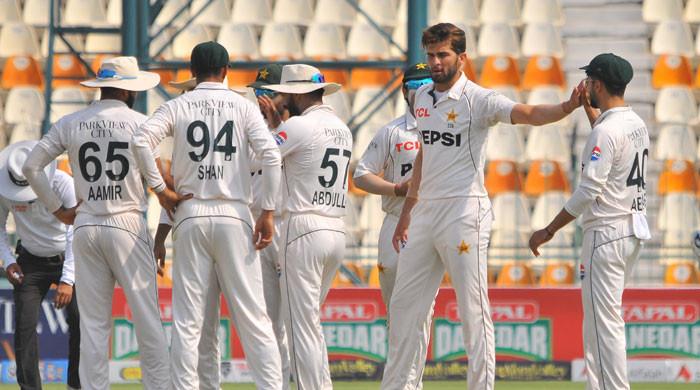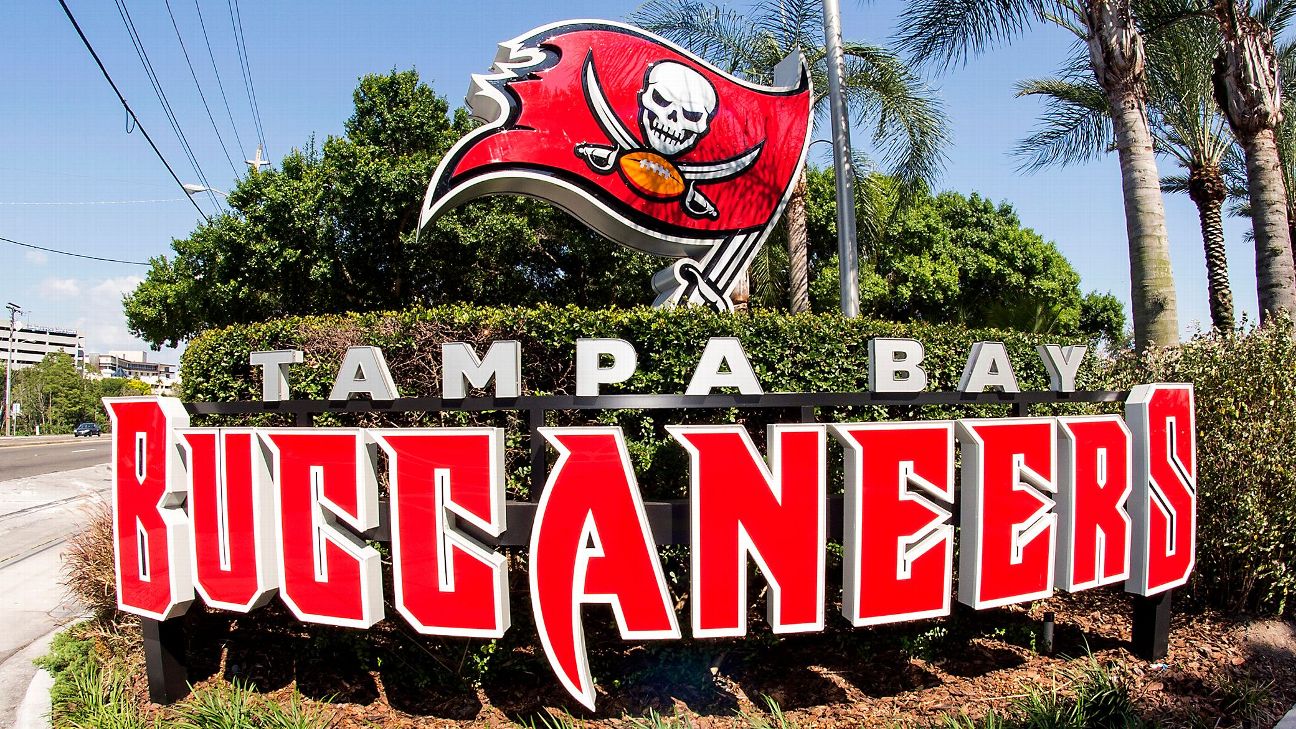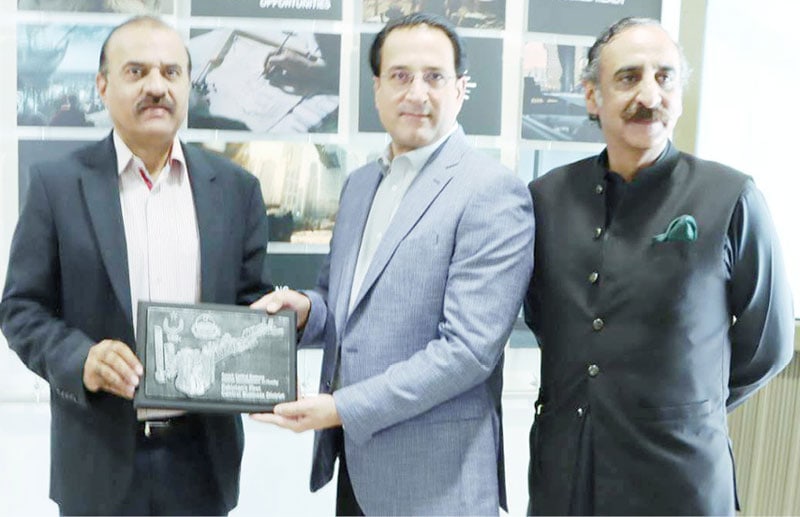Manchester City’s legal challenge against the Premier League over its Associated Party Transactions rules (APT) — regulations that govern commercial deals involving club owners — has reached a conclusion, and both sides are claiming victory following the verdict of an arbitration panel.
The case, which is separate and unrelated to the ongoing independent hearing into City allegedly breaching 115 Premier League regulations that is set to conclude before the end of the year, was triggered by City launching a legal battle in June. It is a complex case, summed up by a three-person independent panel in a 175-page document, and the outcome has led to both City and the Premier League attempting to shape the narrative in their favour.
But what does it all mean? Did any side really emerge as victors? And what impact will this have (if any) on the other major hearing to come between these two sides?
City’s case was brought to challenge the legality of the Premier League’s APT rules, which are designed to determine whether sponsorship deals are financially fair and reflect fair-market value (FMV).
The APT rules were introduced in 2021 to prevent clubs from earning revenue through inflated sponsorship deals from companies related to their owners. With City owned by Sheikh Mansour bin Zayed al Nahyan of Abu Dhabi, such rules would theoretically ensure that any sponsorship deals with companies based in Abu Dhabi or the wider United Arab Emirates (UAE) could only be agreed at rates comparable to similar deals negotiated by other clubs.
For instance, under APT rules, City’s shirt and stadium sponsorship deal with Etihad — the state airline of Abu Dhabi — which are reportedly worth £80 million a year, would have to be in line with those of clubs of a similar level, such as Arsenal’s stadium and shirt deal with Emirates, the national airline of Dubai. Arsenal’s deal has been reported as being worth £50 million a year.
The rules were introduced in December 2021 following the Saudi Arabia-backed takeover of Newcastle United in October of that year. The move came amid concerns of state-owned clubs unfairly benefiting from sponsorship deals from companies that were, in the words of the Premier League Handbook, “directly or indirectly controlled, jointly controlled, or materially influenced by the same government, public or state-funded body or by the same party.” Man City have several UAE-based sponsors — including Etihad Airways, Etisalat, Experience Abu Dhabi, Aldar, First Abu Dhabi Bank and Emirates Palace Mandarin Oriental — while Newcastle have also struck deals with Saudi Arabia-based sponsors and partners since 2021.
The APT rules, which were adopted after a majority of Premier League clubs voted in favour of their introduction, were designed to “protect the long-term financial sustainability of clubs by limiting reliance on enhanced commercial revenues received from entities linked to the club’s ownership.” In other words, they aim to prevent clubs from becoming overly reliant on the funds and connections of their owners, and to minimize the risk of being exposed if the owners run into financial difficulties.
Additionally, they were designed to ensure “fairness among clubs, so that clubs are not able to derive an unfair advantage over domestic competitors by increasing revenues or reducing costs via arrangements with entities linked to a club’s ownership that are not at FMV.” This element is designed to prevent clubs benefiting from artificially inflated deals above market value from competing with clubs without such advantages.
On Monday, the arbitration panel found that the Premier League’s APT system is a vital part of the competition structure and a “carefully crafted scheme,” so that is regarded as vindication of the rules by the league. It was also determined that City’s argument that APT rules discriminated against clubs with ownership from the “Gulf region” were unfounded.
However, the panel also found that some aspects of the regulations are unlawful and must be redrawn.
“In footballing terms, it feels very much like a Manchester City win, with the Premier League scoring a consolation goal,” Christopher Allen, partner at the London law firm Memery Crystal, told ESPN. “I say ‘consolation goal’ as the Tribunal did not appear to find that the principle of having rules around associated party transactions (APT) in and of itself to be unlawful.
“In other words, the aim and the principle of regulating APT is fine. The issue for the Premier League is that both of its attempts to date to bring in rules on the subject have been found to be unlawful.
“The unlawful nature of the current APT rules represents two problems. First, with Manchester City having now taken the seismic step of being the first club to bring a claim against the Premier League, it could open the door for other clubs who might have had transactions vetoed by the Premier League as part of the old APT rules to seek redress. Second, and a point that is being widely reported from the Tribunal judgement, is that interest free shareholder loans perhaps ought to be part of any new APT rules that the Premier League now brings in.”
For that reason, judgements on two Manchester City deals — with Etihad and First Abu Dhabi Bank — have been set aside and must be looked at again to reconsider whether they actually met the terms of “fair-market value.”
The panel rejected City’s argument that the object of the APT rules was to discriminate against clubs with owners from the Gulf region, but it upheld City’s claim that shareholder loans — which are essentially interest-free loans — should not be excluded from the scope of the APT rules. As a consequence, the Premier League will now integrate the assessment of shareholder loans into APT rules, and will determine whether clubs are benefiting unfairly from favorable loan terms.
It also found that “APT Rules are unlawful on account of being in breach of sections 2 and 18 of the Competition Act 1998 because they exclude from their scope shareholder loans and for no other reason.”
Simon Leaf, a partner and head of sport at London law firm Mishcon de Reya, said the outcome was “best described as a score-draw.”
“It’s not quite as clear-cut as one side being able to claim victory over the other,” Leaf told ESPN. “Competition law is generally concerned about ensuring proportionality and fairness when those in a dominant position, like the Premier League, make decisions, and the Panel here found that by not considering shareholder loans within the APT rules, the Premier League is in breach of the law.”
“Shareholder loans” are defined as monies put into clubs by owners or directors on an interest-free basis, but because they are not subject to commercial loan rates, they can be regarded as an unfair advantage. Had those loans been secured from a bank, clubs would have to pay interest that would fall under Profit and Sustainabity (PSR) regulations, but as they are interest-free, clubs with shareholder loans are potentially avoiding having to service repayments amounting to tens of millions of pounds each year.
As a consequence of today’s finding, the Premier League will move to adopt shareholder loans into APT calculations, which counts as a win for City. Why? Because those clubs benefiting from such loans will now be assessed on whether they are gaining a financial advantage from loans that don’t have commercial interest rates.
“We suspect that this could be of concern to up to nine Premier League clubs that are believed to have received such loans,” said Allen. “However, changing the Premier League’s rules may be difficult. Typically, it requires the consent of 14 of its members, and it may now be even trickier to persuade clubs to agree on a new set of APT rules.”
“These kind of loans are commonplace in football,” said Leaf, “and they are intended to ensure clubs can keep paying wages and basically keep the lights on, so it would be a significant change for them to be considered within the APT rules, and something that may ultimately prove to be problematic for many of the club’s rivals that rely heavily on this type of funding.”
“Going forwards, it is difficult to envisage an appeal by either side here because ultimately each party can justifiably come out of this action claiming a relative degree of success.”
However, it’s worth noting that the exclusion of shareholder loans from the APT rules was a choice by the majority of clubs that wished to encourage transparent investment, and 19 of them (including Manchester City) voted in favour of this approach.
No, this case was brought by City to challenge the legitimacy of the APT rules. Some elements of their argument have been upheld, but overall, the fact that the Premier League is free to retain the APT rules, albeit with some minor changes, means that very little will change.
The key change will be the consideration of shareholder loans in amended APT rules, which City regard as balancing the rules to cover clubs who are partially financed by such loans. But City are facing no penalties. They brought this action, not the Premier League, so it is pretty much case closed.
In short, no. That case, with the independent hearings beginning back on Sept. 16, centres on City’s alleged failure to provide accurate and up-to-date financial information from 2009-10 to 2017-18 — charges that City deny — and APT rules did not come into play until 2021, so there is no overlap.
However, had City won the APT hearing, it could have discredited the Premier League and raised doubts as to its competence as a governing body, thereby damaging its reputation and the strength of its rules and regulations. And had City’s case been dismissed, it could have weakened the club’s attempts to win the PR battle before the verdict in their battle to overturn the 115 charges.
But with both City and the Premier League emerging from Monday’s APT findings claiming victory, neither has suffered the kind of blow to their reputation that would have damaged them ahead of the outcome of the other case.
In reality, there is very little significance to it beyond the amendment of the APT rules to ensure that shareholder loans will now be scrutinised. Once that issue is addressed in the Premier League Handbook, the “unlawful” element of the APT rules will fall into line with UK competition law. There is no threat to the APT rules and they will continue to be applied.
The shareholder loan element is merely a technical change that will not have a substantial impact on those clubs who benefit from shareholder loans. Why? Well, if a club has an interest-free shareholder loan of £200m and must now face having to pay interest at 6%, that would only be an additional £12m a year. Not a small sum, but nothing close to the potential financial benefits of sponsorship deals deemed to be above fair market value.
The verdict has created a lot of noise, and that suits City in that some have interpreted the outcome as a win for the club and therefore a defeat for the Premier League. But when the dust settles, this all really comes down to a tweak to comply with competition law rather than a signpost toward the outcome of the 115 charges hearing.

 Technology7 مہینے ago
Technology7 مہینے ago
 Pakistan7 مہینے ago
Pakistan7 مہینے ago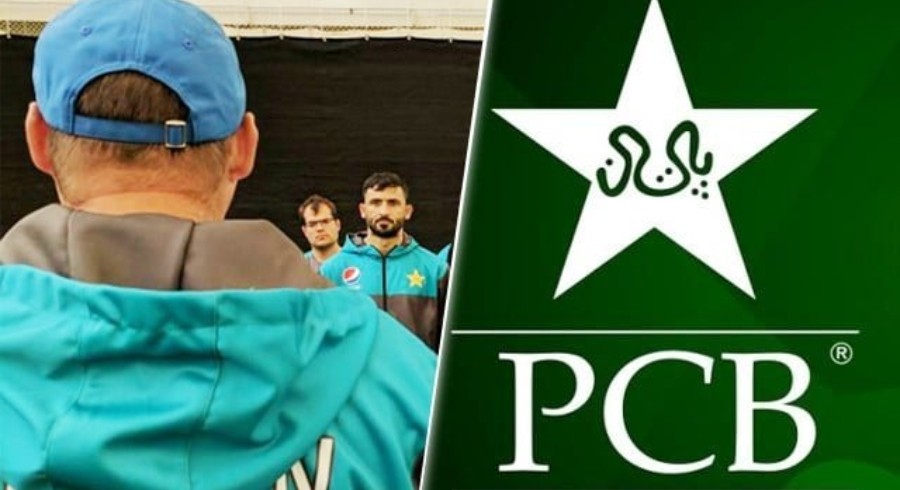
 Sports6 مہینے ago
Sports6 مہینے ago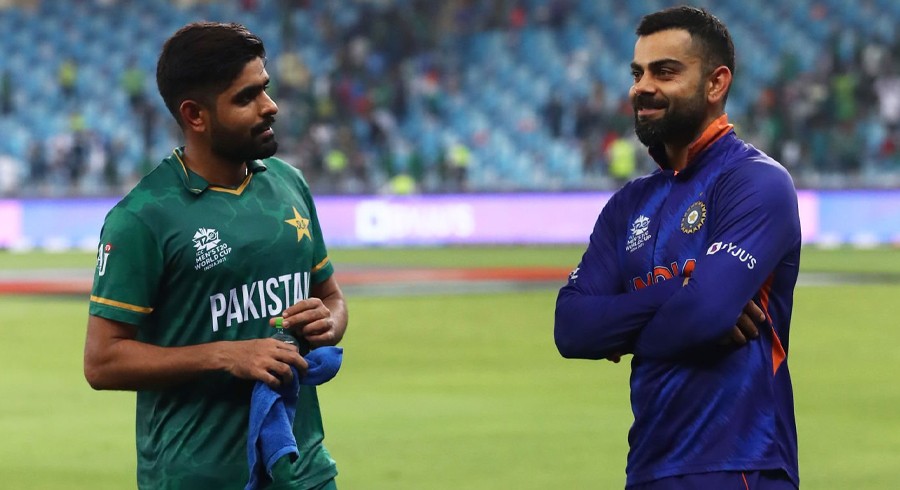
 Sports7 مہینے ago
Sports7 مہینے ago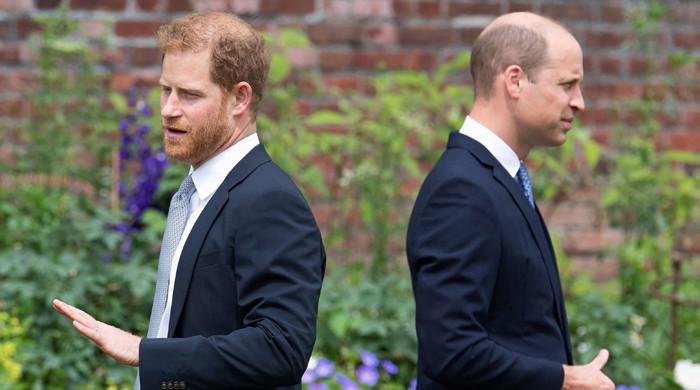
 Entertainment7 مہینے ago
Entertainment7 مہینے ago
 Pakistan6 مہینے ago
Pakistan6 مہینے ago
 Pakistan7 مہینے ago
Pakistan7 مہینے ago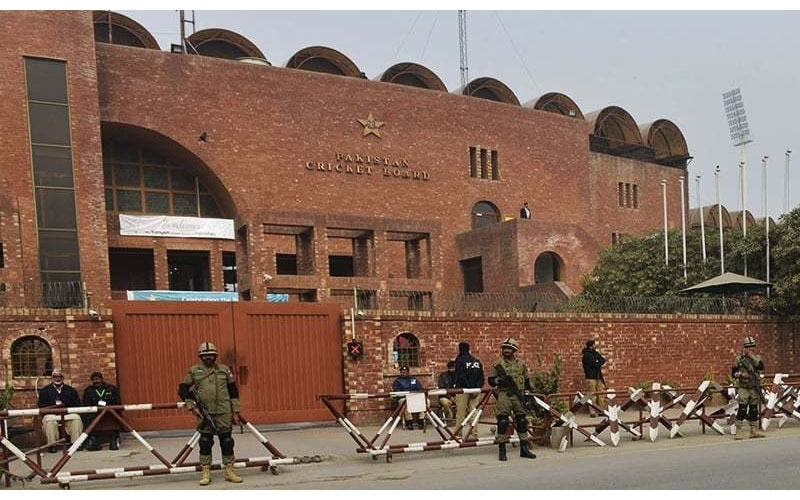
 Sports6 مہینے ago
Sports6 مہینے ago
